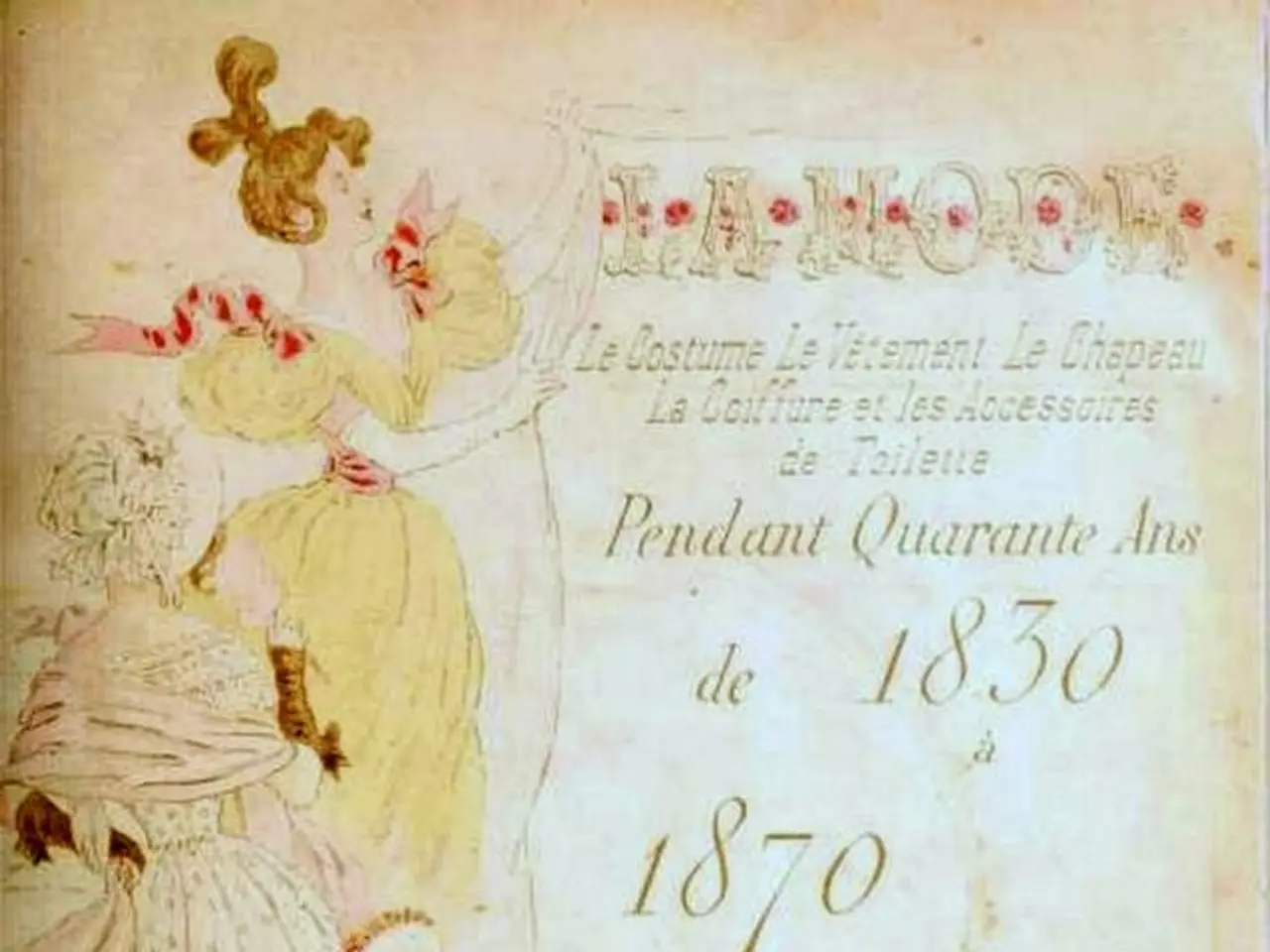Elderly Woman's Tale: Perils in Everyday Existence Unveiled
In the heart of Germany, Angelika Arend, a retired professor, returns to her homeland to reconnect with the contemporary German language and culture. Arend, an Eastern child who once moved to Canada and became a Professor of German at the University of Victoria, retiring in 2007, now uses her retirement to make a powerful impact on society.
Her latest collection, A Woman of Eighty Years, explores several persistent prejudices, particularly those related to gender, age, and social roles. The key prejudices discussed include ageism, gender bias, intergenerational misunderstanding, and class and social status bias.
Ageism, a pervasive issue in contemporary society, is highlighted in the collection. Elderly individuals, especially women, are often marginalized, dismissed, or stereotyped as less capable or less relevant. This prejudice impacts the social inclusion, mental health, and autonomy of older adults.
Gender bias, another longstanding issue, is addressed in the work. Arend sheds light on how patriarchy and societal expectations limit women's roles, opportunities, and rights throughout their lives. This includes entrenched stereotypes about women's capabilities, roles within family and work, and their value beyond youth and appearance.
Intergenerational misunderstanding is another focus of the collection. Arend explores how different generations misunderstand or undervalue each other's experiences and perspectives, which hampers social cohesion and mutual respect.
The collection also touches on how social and economic backgrounds intersect with age and gender prejudices, reinforcing inequalities and restricting access to resources.
Through her nuanced storytelling, Arend challenges these prejudices and encourages reflection on how they sustain systemic inequalities and hinder societal progress.
One of the standout stories in the collection is "What do you do at eighty?", which explores the theme of age discrimination, particularly in academic circles. The story "Apprenticeship of the Parents" is another powerful piece that depicts old prejudices surviving in Canada, a country where one might expect progress.
Arend's stories are not just thought-provoking, they are also deeply emotional. "Sister is Sister" tells of a family where a stubborn and selfish sister almost destroys any possibility of a relationship with her sisters. "Black and White Sheep" explores the theme of prejudices, specifically focusing on a school director who hides his subtly suppressed racism.
The author uses humor and understanding to challenge the narrow-mindedness of her colleagues who believe that retirement equals senility. She also conveys the feeling that readers are not alone with their confusing life experiences. Work, Arend reminds us, is much more than just money; it provides social participation, friendships, challenges, self-realization, and recognition.
In a world where Western societies are debating whether to stick to the rigid retirement age or to think about a working life centered around the individual, Arend's collection serves as a powerful reminder of the importance of challenging and dismantling prejudices.
"What do you do at eighty?" is published by Mitteldeutscher Verlag, Halle in 2025, priced at 16 Euro. It contains stories that still upset and haunt the author in her old age, touching on the dark sides of "free love" and the willingness of men to view women as sexual objects.
In a world where old prejudices still persist, Arend's collection serves as a call to action, encouraging us to reflect on our own biases and to strive for a more inclusive, equitable society.
- Angelika Arend's latest collection, A Woman of Eighty Years, delves into family-dynamics and relationships, particularly highlighting ageism and intergenerational misunderstanding.
- Arend's work challenges societal prejudices, with a focus on gender bias and the limitations it places on women's roles and opportunities.
- The collection also addresses the impact of migration, as Arend Shines a light on persistent prejudices in Canada, a country where one might expect progress.
- Education-and-self-development are themes in Arend's writing, as she encourages reflection on systemic inequalities and hindered societal progress.
- Personal-growth and skills-training are central to Arend's stories, reminding readers that work goes beyond monetary gain, offering social participation, friendships, and self-realization.
- War-and-conflicts are subtly addressed in the collection, with stories like "Black and White Sheep" exploring the theme of prejudices and suppressed racism.
- Career-development is a recurring theme in Arend's work, with "What do you do at eighty?" highlighting age discrimination in academic circles.
- In the realm of policy-and-legislation, Arend's collection serves as a call to action, urging readers to reflect on their own biases and work towards a more inclusive, equitable society.
- The collection brings to light the dark sides of modern society, such as crime-and-justice, car-accidents, fires, and the objectification of women.
- Despite the heavy subject matter, Arend's stories are not without hope and humor, with the author using these elements to challenge the narrow-mindedness of her peers and remind readers that they are not alone in their confusing life experiences.




